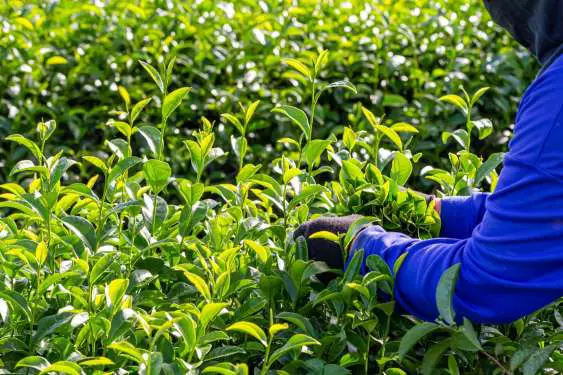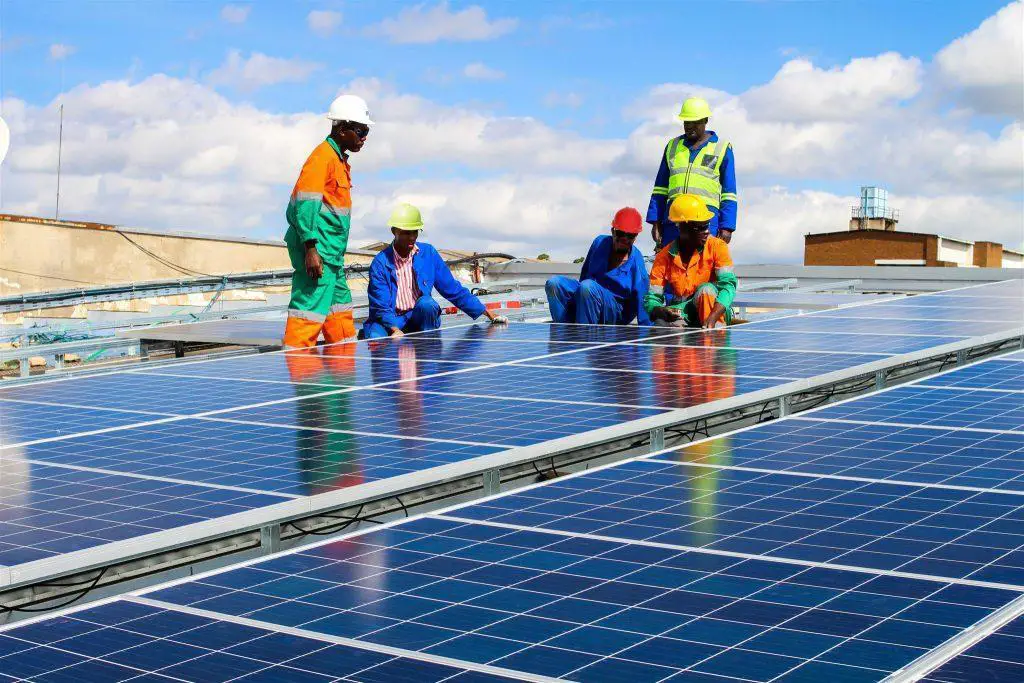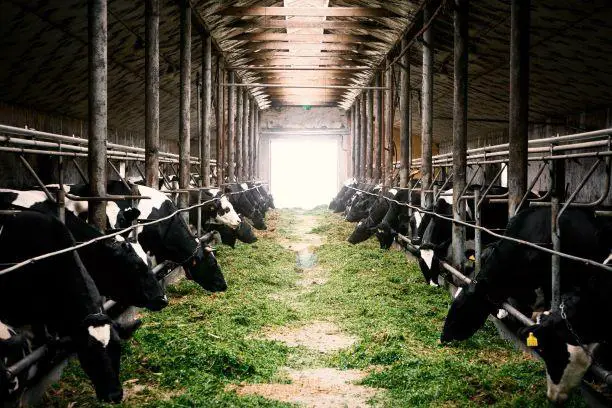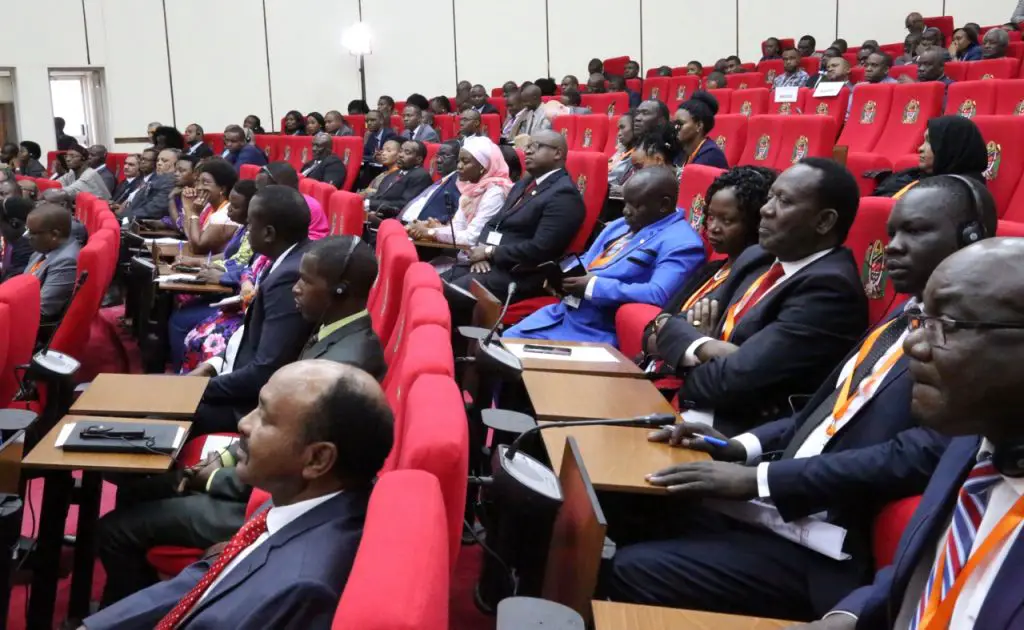- Abu Dhabi radiates optimism as over 300 startups join AIM Congress 2024
- TLcom Capital Raises $154 million in Funding to Boost Its African Growth
- Africa’s $824Bn debt, resource-backed opaque loans slowing growth — AfDB
- LB Investment brings $1.2 trillion portfolio display to AIM Congress spotlight
- AmCham Summit kicks off, setting course for robust future of US-East Africa trade ties
- Why the UN is raising the red flag on the UK-Rwanda asylum treaty
- Portugal’s Galp Energia projects 10 billion barrels in Namibia’s new oil find
- Wärtsilä Energy offers tips on how Africa can navigate energy transition and grid reliability
Author: Kimani Chege
The tourism industry globally is one of the most sensitive sectors easily affected by political, economic, and social issues. 2020 has been one of the worst times for tourism in almost all destinations with countries losing billions of dollars as the world shut down over the COVID-19 pandemic. The United Nations World Tourism Organization estimates that global international tourist arrivals have decreased by 58 percent to 78 percent in 2020, leading to a potential loss of US$0.9 to 1.2 trillion in international tourism receipts. In many of the world’s cities, planned travel went down by 80 percent to 90 percent.
More than 2.5 million Kenyans working in the tourism sector lost their jobs in the first half of 2020 due to COVID-19 related disruptions, according to the government. This has devastated communities that depend on this important sector.
To address the challenge, governments, industry players and tech-startups …
The dawn of 5G in Africa is here with us and what was once seen as a dream has turned to reality, albeit with revised expectations. South Africa became the first country in Africa to offer commercial 5G services with Rain, Vodacom and MTN piloting it in various cities and using different methods to reach their clients.
Rain launched the country’s first commercial 5G network in partnership with China’s Huawei Technologies in 2019 in Johannesburg and Tshwane, offering subscribers unlimited data at speeds of up to 700Mbps for R1,000 per month. Since launch Rain has doubled its 5G coverage, achieving it by adding more sites and providing a new 5G router to users.
Vodacom’s launch to the mobile market covered three cities: Johannesburg, Pretoria and Cape Town. It was able to fast track the launch by using a temporary spectrum assigned by the South African telecommunications regulator …
Tanzania has announced plans to roll out its own tea auction, a move that would tap major players from the country as well as from neighboring Rwanda, Burundi and Uganda, shrinking the turf held by the Mombasa auction.
The country’s push for an auction is driven by the need to lower transport costs to Mombasa and boost farmers’ earnings.
The reach is expected to be even bigger. The new tea auction will be conducted by the Tanzania Mercantile Exchange (TMX) via an online system, whereby buyers across the world will be able to get the opportunity to participate. First incorporated in 2014, the exchange provides futures clearing and settlement services. It also maintains a central securities depository. The TMX primarily lists agricultural futures, with sesame seed futures accounting for a large portion of trades.
The Tanzania Board of Tea (TBT) announced that the exchange will be based in Dar …
East Africa Data Centre (EADC) Asset Company has finalized a $1.2Million investment in design, installation, and maintenance of commercial and industrial solar systems conducted jointly with Distributed Power Africa (DPA) and Mettle Solar.
EADC is a subsidiary of Liquid Telecom and is Kenya as well as Africa’s first and largest network of an interconnected, carrier, and cloud-neutral data center facilities. It is part of Africa Data Centres, a chain of data centers spread across Africa with hubs in Johannesburg, Kigali, Nairobi and Harare.
DPA AND Mettle Solar’s partnership seeks to provide solutions to industries in Africa looking to meet their technical and financial challenges while investing in renewable energy. The solar plant will enable EADC to significantly lower their overall energy costs whilst at the same time reducing their carbon footprint.
“We are excited to have a DFI-backed company like Mettle, as a co-investor alongside DPA. With sub-Sahara Africa experiencing …
The production of animal feeds in Kenya has always been seen as the main challenge affecting the quality and price of milk production, compared to other countries in the East African region. For example, the cost of animal feeds imported from Uganda tends to be affordable compared to those produced in Kenya, accounting for a huge percent of the production cost.
According to data from Kenya’s ministry of agriculture, feed currently accounts for 60 to 70% of livestock enterprise production costs.
While Kenyan farmers have relied on processed feeds from established companies, agricultural researchers have been pushing for the adoption of more nutrient-rich fodder crops to supplement the use of nippier grass and traditional pasture. For example, the International Livestock Research Institute (ILRI) and the Kenya Agricultural and Livestock Research Institute (KARLO) have been promoting the rollout of Bracharia, a vegetative grass that has its origin in Kenya but is …
The East African region is a vast region with massive resources, population, and an established commercial landscape that presents viable business opportunities for external investors. According to statistics both by the World Bank and IMF, the region was one of the fastest-growing in Africa with a high influx of foreign direct investments.
In the 2019 report, United Nations Conference on Trade and Development (UNCTAD) noted that the East African region including Ethiopia received $9 Billion in foreign direct investment with projections of this figure doubling over time. However, the effects of the Covid-19 has had a great effect both on the economic growth as well as the number of foreign investments into the region.
The African Development Bank, in its analysis of the effects of Covid-19, highlighted the rebound of the East African economy as one of the main points of observation of the continent’s resilience. GDP growth for 2020 …
When the Cisco Global Problem Solver Challenge 2020 winners were officially announced, one pair of Kenyan names stood out. Emmastella Gakuo and Percy Lemtukei, co-founders of Savanna Circuit Tech came out victorious bagging total funding of US$100,000.
The initiators of this problem solver challenge aim to have a pool of entrepreneurs and innovators who are keen on developing a solution that changes the manner in which global issues can be addressed for the common person.
The Cisco Global Problem Solver Challenge is an online competition that awards cash prizes to early-stage startups that have developed a solution that drives economic development or solves a social or environmental problem.
Emmastella and Percy founded Savanna Circuit Tech in 2017, after meeting at the University of Nairobi. Observing a gap in which the dairy industry in Kenya was operating and the lack of a system to prolong the life of dairy products in …
For the last 8 years, member states that make up the East African Community have not met their annual commitments to the regional body fully. The closest they came to fully meet these commitments was in the financial year 2011/12, and were at their lowest at 70% for FY2019/20.
This has led to the EAC to push for its organs to reduce their budgets to adjust to this reality which has included reducing the number of activities and missions abroad. These efforts to reduce the expenses by the community were acknowledged last month by the African Development Bank, which ranked the EAC as the most performing regional community in Africa.
For example, documents availed to The Exchange by sources within the community show that the travel expenses which were at USD 17.7 million during FY2013/14 were reduced to USD 12.05 million during FY2017/18.
However, according to sources within the community, …
The East African Community (EAC) has spent twenty years of integration and admitted new members in the process. EAC Partner States signed the Protocol in November 2009, and it came into force on 1 July 2010. The common market is the first of its kind in Africa. The internal EAC market has about 146 million consumers.
This second offering, after the initial community collapsed in 1977 has worked to learn from the mistakes of the past community. However, as things change, the more they have remained the same.
There have been tensions between countries at different periods of time, some threatening the very core that set forth the community. Kenya has been at constant feud with Tanzania, Uganda has been also at loggerheads with Rwanda while Burundi has accused Rwanda of meddling in its affairs.
Overall trade disputes are now increasing in East Africa. Uganda’s trade …
Just before the onset of Covid-19, banks in many parts of Africa were pushing for adoption of online-based financial solutions but with little pressure. Then came Covid-19 and changed how people access their finances; this has created an urgency of sorts to promote financial inclusion.
Some governments are currently providing incentives to pay for goods or services digitally, through mobile money or e-wallets. For example, Uganda has cut mobile money transfer fees; Egypt, Liberia, and Myanmar have increased transaction size limits, while authorities in Bangladesh, Cameroon, the Democratic Republic of Congo, Ghana, Kenya, Mozambique, Pakistan, Rwanda, Senegal, and Zambia have taken both sets of measures (cutting mobile transfer fees and raising transaction size limits) in response to the pandemic.
When Kenya reported its first case of Covid-19, the Central Bank of Kenya called a consultative meeting with Bank CEOs and immediately passed ways of ensuring that the country adopts use …











